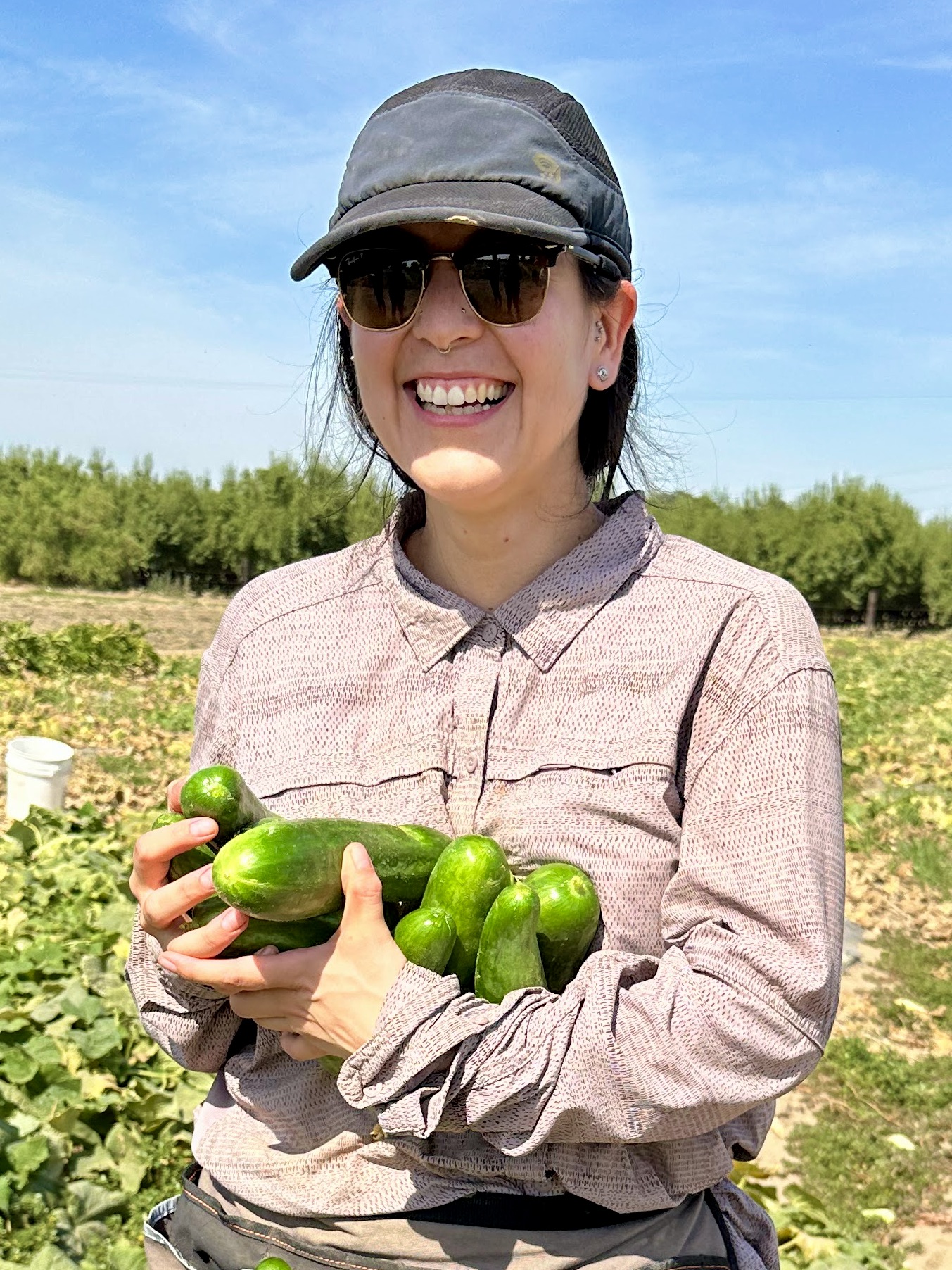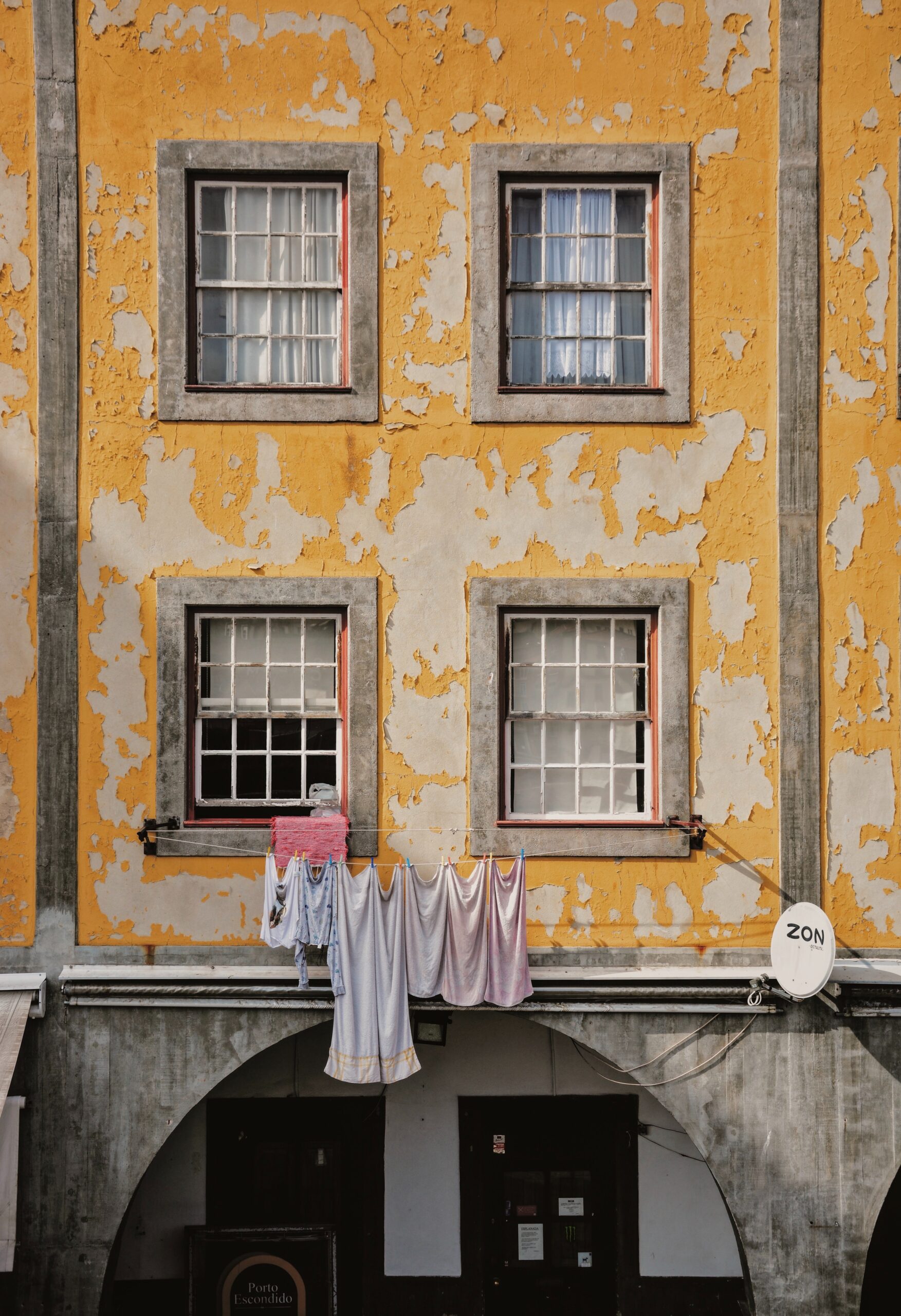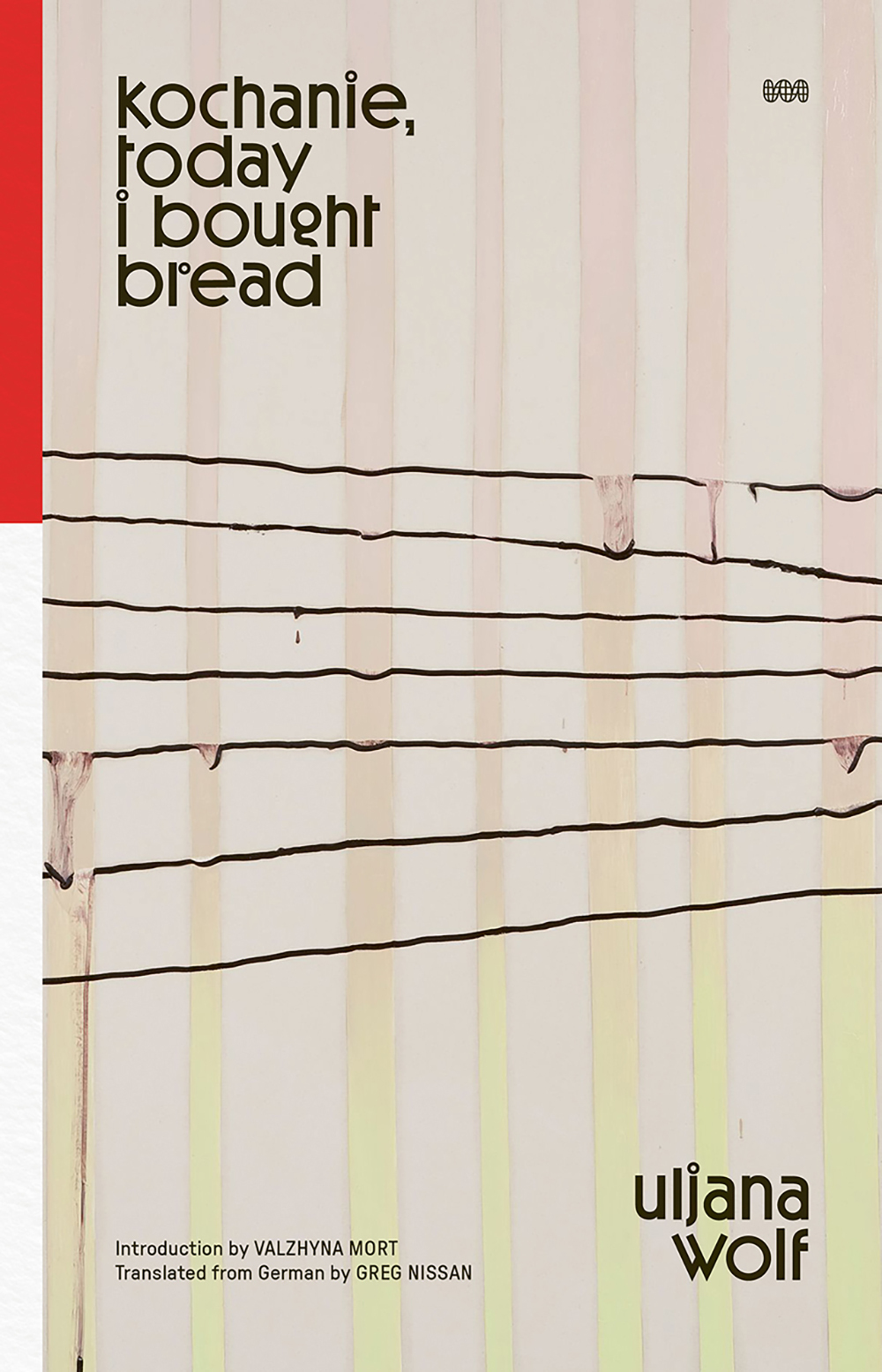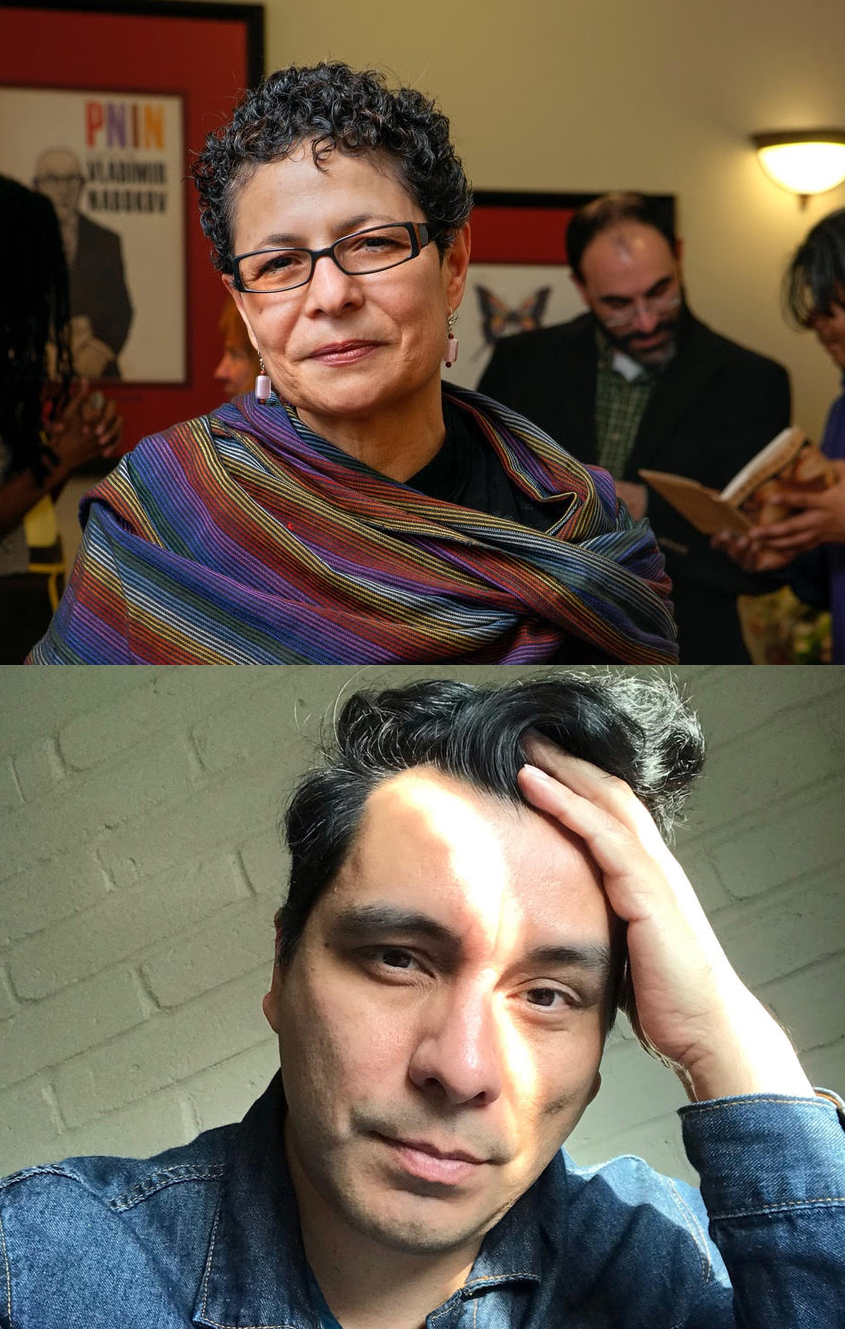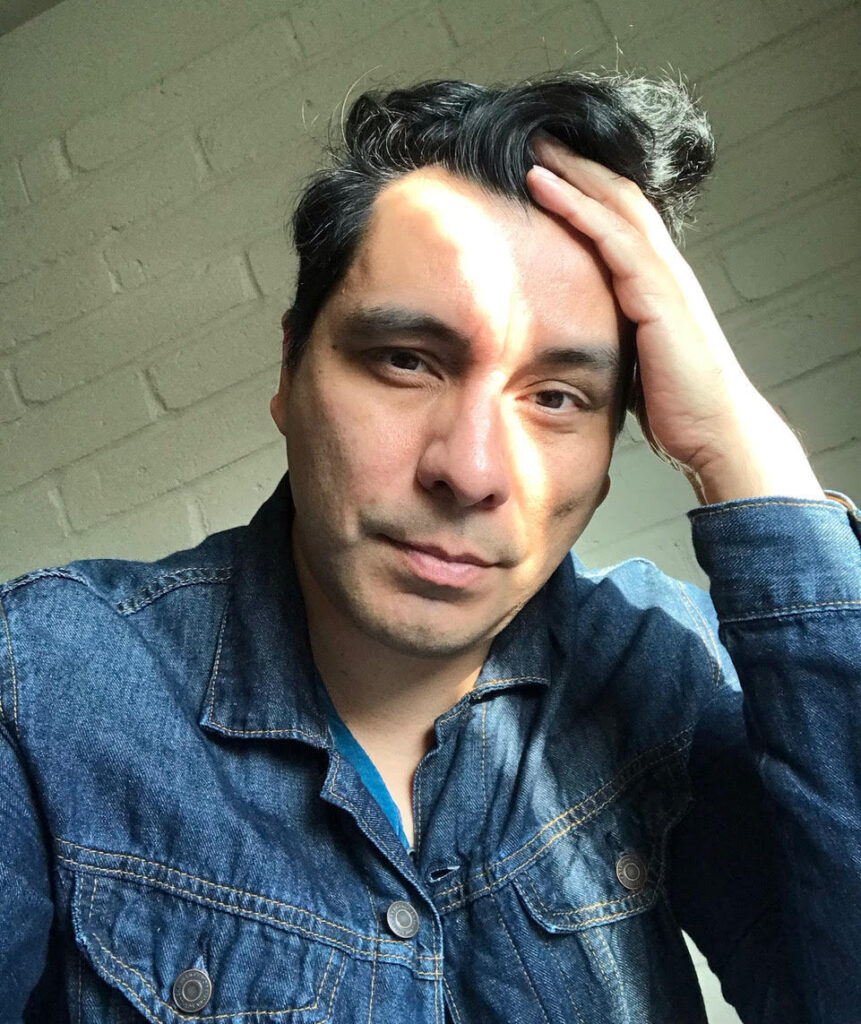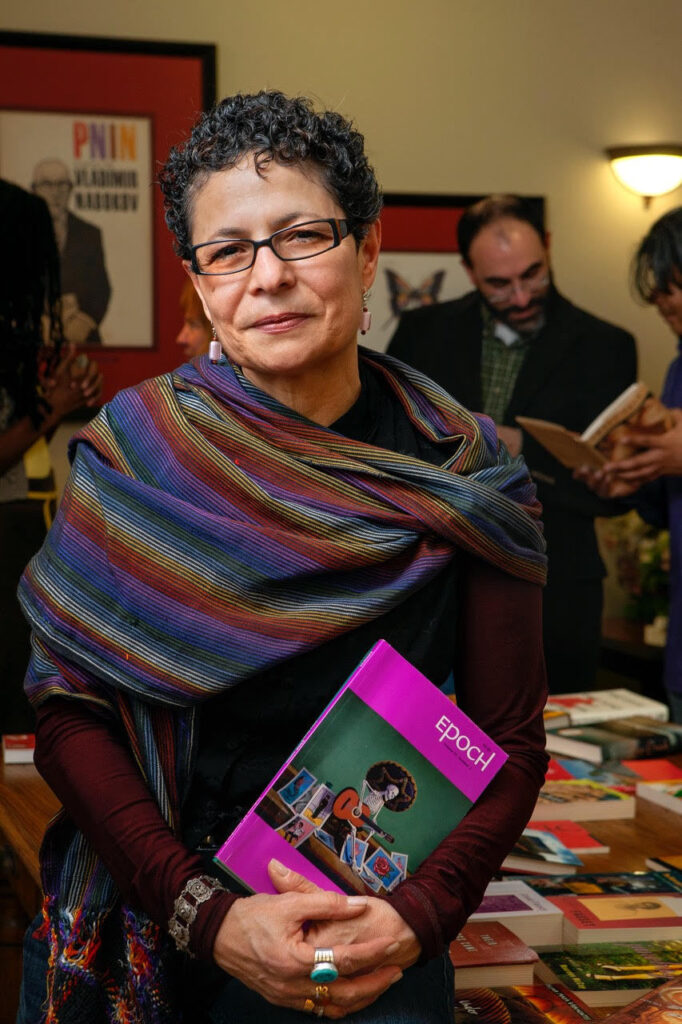No I do not want everlasting life
to be condemned to forever here
on this wasted earth no merci messieurs
unlike the Struldbruggs hailed all the way
from the island-nation of Luggnagg
discovered at the end of Book Three
of Jonathan Swift’s Gulliver’s Travels
Sophie Durbin
Flying
our truck gathers speed as we approach the hills of el valle and for
a few seconds i am in flight we accelerate embark the horizon’s
Antiphon
I cannot remember a time when I was not chosen last.
That and the great, timeless subjects: music, weather, war.
Wounds are openings through which presence shines through.
The child in the doll, Christ in the wafer, the ocean in a droplet.
A Cowboy on Eighteen Wheels
By AIDEE GUZMAN
Cowboys aren’t remnants of the Wild West. Today they herd cattle across state lines, national borders, and now even oceans. From the feedlot to the slaughterhouse and from pasture to greener pasture, a cowboy’s travels feed the food industry machine.
Your modern cowboy sits on eighteen wheels with six hundred horsepower and saddles up truck stop to truck stop. They trot along the asphalt and follow the commands of reds, greens, and yellows.
Sonata
This is a torn map of the forsaken world.
There are lines even wolves cannot cross.
Every voice an epitaph, then a little tune
from the neighbor’s garden apartment
suggesting a rondo, or circle of fifths.
Plato said the soul is a perfect circle.
Cosecha: Harvest of Truths
This feature is part of our print and online portfolio of writing from the immigrant farmworker community. Read more online or in Issue 26.
1.
A moaning by the labor camp dump caught my attention. Inside a junked car with no doors, our neighbor, Diana, was hugging and kissing a big boy not quite a man. I never knew his name, so I call him Novio—boyfriend. In the tangle of arms and hands, her white, ruffled dress slid off her shoulder. From a near distance, her husband, Rogelio, in full Sunday clothes right up to his Panama hat, made a beeline toward the car, his hands in fists.
Translation: Five Poems by Serbian Poet Milena Marković
Poems by MILENA MARKOVIĆ, translated from the Serbian by STEVEN and MAJA TEREF.
Translators’ Note
As translators, we have multiple ways in which we interact as a translator couple. Oftentimes, we will sit side by side and take turns translating and transcribing as we work our way through a text. Sometimes though, one of us may translate a poem and later have the other check it. The poem “little lambs” is an example whereby Maja wrote out her translation in a notebook, which Steven later typed up and checked against the original. In the middle of the poem where “a band of clouds cross above my son,” Maja had followed the line with “while he squatted in the shallows,” yet Steven misread “shallows” as “shadows.”
September 2023 Poetry Feature: Uljana Wolf
Poems by ULJANA WOLF, translated by GREG NISSAN.
Six poems from kochanie, today i bought bread, New from World Poetry Books.
shoes danced to shreds
as a fable
1 soldier danced
12 maidens to shreds
Beyond Their Labor: Manuel Muñoz and Helena María Viramontes on Writing the Lives of Farmworkers
Acclaimed writers MANUEL MUÑOZ and HELENA MARÍA VIRAMONTES met almost three decades ago: Muñoz was obtaining his MFA in Creative Writing from Cornell University, and Viramontes was his mentor. Many novels and story collections later, the pair are still close friends. They sat down recently to talk, for the first time, specifically about their roots in farmwork. They discussed the poor working conditions and hardships, but also the ways that farmworkers find love and joy in their families. As writers, they connected over the desire to honor the wholeness and complexity of these lives in their work.
Two Poems by Michael Mercurio

Providence, RI
Existential Field Notes: Diner
If secrets are transmitted here
no neon will say, just the same
on-unless-it’s-off messages of
abundance. Bottomless coffee,
sure, and five pages of menu —



